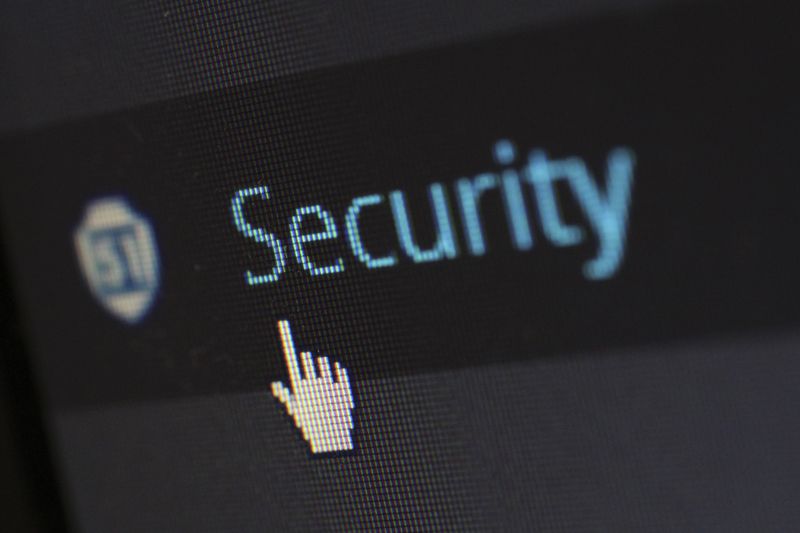The Importance of Trust in Cybersecurity for Critical Infrastructure
Introduction
In 2021, the Colonial Pipeline ransomware attack exposed the vulnerabilities of critical infrastructure systems and brought cybersecurity to the forefront of public attention. The incident resulted in gas shortages, economic turmoil, and highlighted the need for improved cybersecurity measures in the energy sector. However, it seems that many leaders have drawn the wrong lesson from this event. Instead of viewing cybersecurity as a fundamental aspect of trust-building, they tend to focus solely on loss avoidance. This article argues that cybersecurity is not just about preventing losses, but also about earning and maintaining trust, which is crucial for a company’s reputation and future innovation.
Earning Trust Through Cybersecurity
Trust plays a significant role in the success of companies operating in the energy sector, particularly when it comes to reliability. A company’s reputation heavily relies on its ability to provide resilient services and protect against cyberattacks. For example, disruptions caused by cyberattacks can damage a company’s reputation, regardless of how green their power generation is. According to a Ponemon study, companies that experienced breaches saw a 5% drop in stock value the day after disclosure, and 31% of affected consumers discontinued their relationship with the breached organization. This demonstrates that cybersecurity breaches have real and tangible consequences for a company’s bottom line.
Competitive Advantage and Innovation
Apart from protecting reputation, strong cybersecurity also gives companies a competitive edge and the ability to innovate. In a rapidly evolving technological landscape, companies need to demonstrate their ability to mitigate cyber risks effectively. Trusted companies with robust cybersecurity measures are more likely to be chosen over less protected competitors. Secure systems offer improved uptime and reliability, making them an attractive choice for potential partners and customers.
Moreover, good cybersecurity provides a foundation for companies to embrace new technologies and explore innovative solutions. As new technologies emerge, companies must weigh the potential risks against the opportunities they provide. A track record of successfully managing cyber risks helps partners and customers accept incremental expansions of risk, enabling companies to proceed with confidence. Trust in cybersecurity creates a framework that allows companies to leverage digital tools and explore new business models, ultimately capturing new market opportunities.
Cybersecurity as a Core Feature for Critical Infrastructure
To ensure the safety and reliability of the energy sector, it is vital to view cybersecurity as a core feature rather than an afterthought. Modern energy systems heavily rely on digital components, whether in managing variable inputs for sustainable technologies like wind and solar or in maximizing efficiency and minimizing emissions in older technologies like conventional turbines and pipelines. Protecting these assets and maintaining their uptime requires a strong focus on cybersecurity.
Regulations should establish a minimum safety standard, but they should be seen as a floor and not a ceiling. Energy sector organizations must prioritize cybersecurity across their operations, from governance and corporate accountability to inventorying and understanding the operating status of connected assets. A comprehensive approach that encompasses both digital and real-world consequences is necessary to effectively defend against cyber threats.
Building Trust through Enhanced Cybersecurity
Leaders looking to build trust through enhanced cybersecurity should start by recognizing that cybersecurity is not solely an IT issue but a cross-cutting concern in energy-sector organizations. Cyber hygiene practices should be integrated throughout the entire organization, and corporate governance should reflect the need for cybersecurity accountability.
Visibility into connected assets and their current operating status is crucial for both IT and physical infrastructure. Defenders need to understand the potential consequences of their actions in both the digital and real-world realms. Building resilient and hardened infrastructure requires addressing facility-level challenges, such as integrating equipment from multiple manufacturers that may not have been designed with security in mind. Advances in monitoring and the decreasing costs of AI and machine learning technologies offer the potential to overcome these challenges. AI-enabled monitoring can not only help detect cyber threats but can also uncover new efficiencies and preventive maintenance needs.
The Future of Cybersecurity for Critical Infrastructure
In the face of a heightened threat environment, it is clear that cyber threats are not going away. Companies in the energy sector must recognize that cybersecurity is not just about avoiding losses but is also fundamental to building trust. Cybersecurity breaches can have far-reaching consequences, impacting not only a company’s bottom line but also its reputation and future fortunes. By prioritizing cybersecurity and establishing a foundation of trust, companies can navigate the evolving technological landscape, capture new market opportunities, and ensure the safety and reliability of critical infrastructure systems.
Keywords: cybersecurity, critical infrastructure, trust, safeguarding

<< photo by cottonbro studio >>
The image is for illustrative purposes only and does not depict the actual situation.
You might want to read !
- Breaking Down the Balancing Act: Intelligence Community Engages with Civil Liberties Groups on Surveillance Tool
- AtlasVPN Linux Zero-Day: Unveiling the Vulnerability Exploiting Users and Exposing IP Addresses
- Russian Hackers Strike Again: ‘Fancy Bear’ APT Attacks Ukrainian Energy Facility
- The W3LL Gang’s Attack on Microsoft 365: Unleashing Chaos in the Cloud
- Chinese Espionage Group “CrackDump” Takes Advantage of Microsoft’s Errors
- Breaking Down IronNet’s Financial Crisis: Exploring Bankruptcy Options
- Elevating Security: Israel and US Team Up to Invest $4 Million in Critical Infrastructure
- Bolstering Cyber Defense: Protecting Critical Infrastructure from Growing Threats
- Israel and US Collaborate to Boost Critical Infrastructure Cybersecurity
- The Enigma Unraveled: Microsoft’s Insight Into the Chinese Hackers’ Stolen Signing Key
- UK lawmakers reassess controversial ‘spy clause’ on encryption




